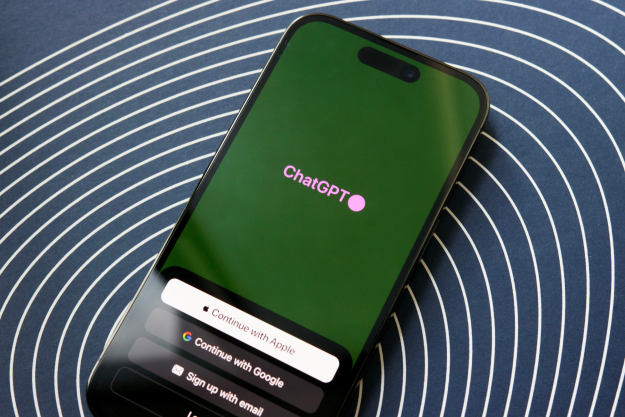
For years Microsoft has been playing third fiddle to Yahoo and (of course) Google in the Internet search arena, with MSN Search and Live Search failing to gain much traction with Internet users worldwide despite prominent placement within Microsoft’s applications and operating systems. Now, Microsoft is throwing down another gauntlet in the search game with Bing, a new Internet search service that’s intended not only to help users find things, but will also offer tools and features via new “Decision Engine” technology to help users immediately make use of the information they find. Out of the gate, Bing will focus on four main tasks—helping users plan a trip, research a health condition, find a local business, or make a purchase.
Microsoft has launched a teaser site explaining Bing, and plans to have the service up and running worldwide on June 3.
“Today, search engines do a decent job of helping people navigate the Web and find information, but they don’t do a very good job of enabling people to use the information they find,” said Microsoft CEO Steve Ballmer, in a statement. “When we set out to build Bing, we grounded ourselves in a deep understanding of how people really want to use the Web. Bing is an important first step forward in our long-term effort to deliver innovations in search that enable people to find information quickly and use the information they’ve found to accomplish tasks and make smart decisions.”
Toward that end, Microsoft has spent time and effort into areas like document summarization—so users can tell at a glance whether a search result is what they want—along with query intent recognition and entity extraction and expansion so Bing has a better chance of understanding what a user wants and delivering results that are right the first time. To that end, Bing presents search results with a Best Match called out, Deep Links offering multiple entry points to sites, and a Quick Preview window that enables users to hover over a search result to see more. Bing also tries to organize search results in ways that are immediately useful (as well as offer related searches and Quick Tabs for different categories of search results. Bing also integrates custom tools for shopping, business information, travel (through Microsoft acquisition Farecast), and medicine; the company expects to roll out custom tools for different query areas as Bing evolves.
As part of the Bing initiative, Microsoft will be renaming Farecast to Bing Travel, and Virtual Earth will be rebranded ad Bing Maps for Enterprise. The new Bing Shopping Experience will also integrate Microsoft’s cashback program, whereby consumers can earn rebate money for purchasing through the service. Reports also have Microsoft gearing up to spend as much as $100 million promoting Bing—just the sort of marketing campaign it never bothered to execute with Live Search.
Microsoft is quick to point out that it believes only about one in four traditional search queries deliver a “satisfactory” result to a user, and says it has built Bing around the “insight” that about two third of Internet users are using search to make “complex decisions.” However, with Google accounting for about two thirds of the U.S. search market—and an even greater share in many overseas market—one has to wonder whether consumers are truly clamoring for a different sort of Internet search…and, of course, consumers will have to decide for themselves whether they feel they can trust Bing’s “Decision Engine” or whether they feel comfortable being steered towards purchases by a search service in active co-marketing partnerships like the cashback program.
Microsoft does seem to understand that Bing won’t be a Google killer right out of the gate; nonetheless, the company hopes to begin building momentum in the search arena in order to boost online advertising revenues. Google’s sales accounted for almost $5 billion during the first quarter of 2009 (and that’s during a recession); in contrast, Microsoft’s online ad unit lost money during the quarter.
Editors' Recommendations
- Copilot: how to use Microsoft’s own version of ChatGPT
- Bing Chat just beat a security check to stop hackers and spammers
- Microsoft Copilot sounds great. Here’s why I definitely won’t use it
- Microsoft September 2023 event: Copilot, Surface Laptop Studio 2, and more
- Microsoft says bizarre travel article was not created by ‘unsupervised AI’


